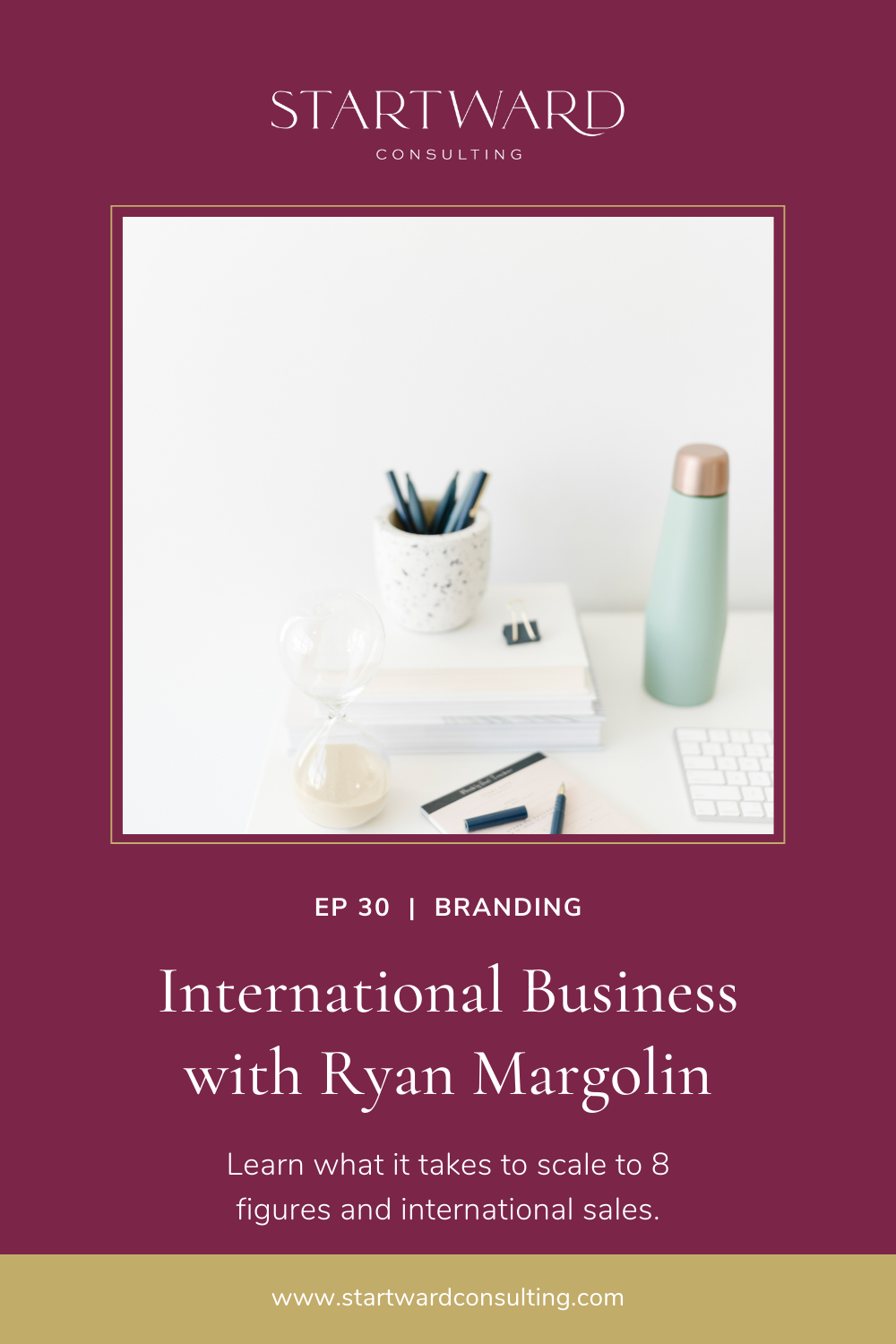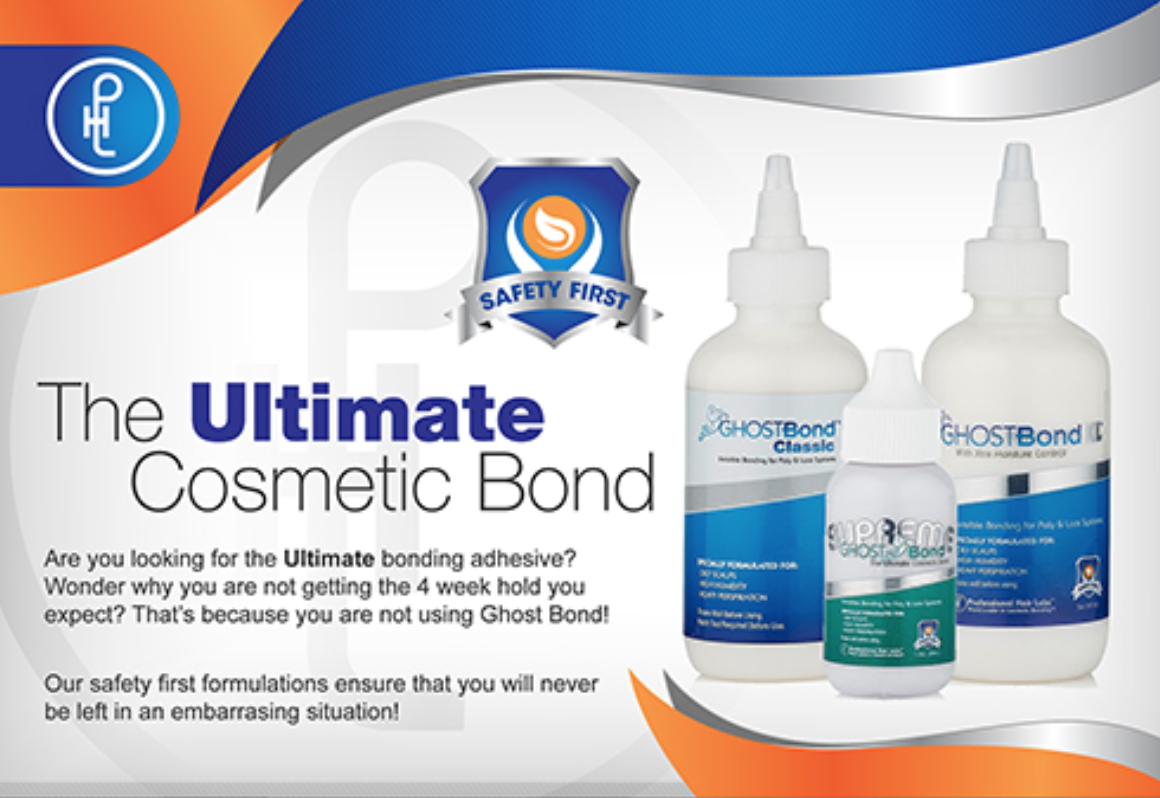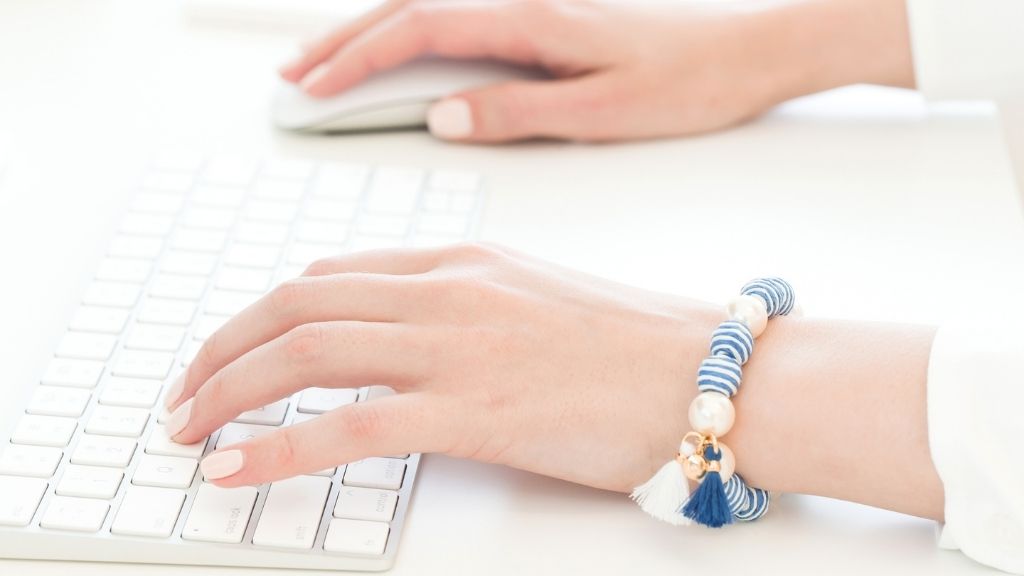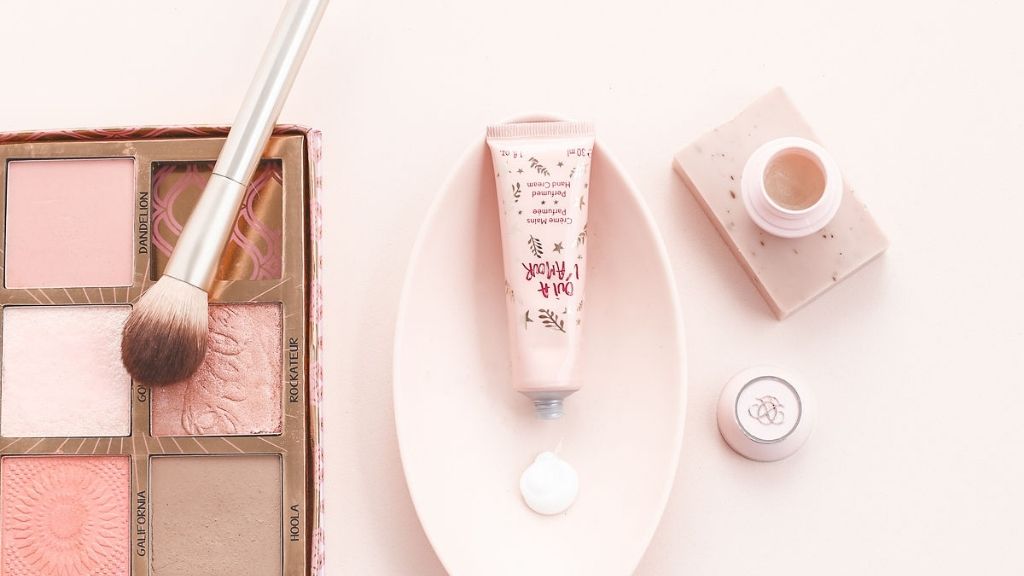Episode 30: Doing Business Internationally With Ryan Margolin

Recently, Maureen sat down with Ryan Margolin, CEO of Professional Hair labs.
Started in 1994, Professional Hair Labs has dominated the hair care industry while staying true to its vision of clean, healthy and environmentally friendly hair adhesive products. Ryan shared his take on not only building a highly successful business from the ground up, but also advice on manufacturing, IP protection, international trade, and dealing with product counterfeiting.

After his mother became ill from toxic hair care products, a call to action was spurred for Ryan Margolin and his family run business, Professional Hair Labs. They took the time to develop formulas that were truly safe to use over time. Ryan now has more than 20 years experience as CEO and has done business in over 15 different countries with over 50 million in products sold globally.
What strategies took Professional Hair Labs from plateaued sales to scaling internationally?
In 2006, they changed just about everything they were doing. This included the branding, messaging, and product labels. However what made the most impact were the really simple marketing strategies. Direct mail marketing in 2009 was what really jumpstarted everything to grow past the seven figure mark.
Then, they needed systems and a good solid team. There had to be people within the company who knew what they were doing and really believed in the company. The hair replacement industry was never regulated, and many of the adhesive companies used solvent based products.
His dad developed a product that was safe for the clients and technicians. Because it was a new method, it took time to educate people on how to apply it and grow trust in it. They offered free education on the product. Then further technology became available in 2009 that allowed them to improve the product. They were able to launch arguably the most popular adhesive product in the market.

The Jump from Seven to Eight Figures
Moving from seven to eight figures was the biggest change. It became about leadership more than anything. They were fully invested in the team they had on board to run the direction, mission, and vision of the company.
Many six figure entrepreneurs want to delegate, hire a team, and diversify their marketing at once. Instead, Ryan shared how the jump to seven figures happened when they simplified everything. To make the jump to eight figures, they brought their 6-7 systems of bringing in leads to just one channel that was the most impactful. That was when “the magic started to happen.” His methodology was to keep it simple.
While things will get complicated at times, and you’ll have so many ideas that you don’t know where to go, you have to bring it down to simplicity.

What is needed to scale your business to 8 figures in the cosmetic industry?
The most important thing Ryan found regarding IP was to get it in the right countries first. There are three key places where you need to ™ your brand: United States, Europe, and China. When you start doing business internationally, you'll find the black market is huge in cosmetics and designer markets. Even companies with huge budgets for legal are unsuccessful fighting the black market.
Ryan recalled the first time a counterfeit of their product popped up. He felt like the subpar product in a lower value bottle really challenged everything that their company stood for. Unfortunately, they didn’t act as quickly as they should have. Their trademark was taken from them in China. This led to the people in China interrupting their international distribution.
Following that experience, they were able to revoke the other company’s trademark with extremely compelling evidence. Then, they took all the exposure that the counterfeit companies gained and took advantage of those markets. They ran a counterfeit replacement program. Instead of taking action on those who unknowingly bought the counterfeits, they exchanged the counterfeit with the real product. It never fully solved the problem, but trademarking in China would have kept the problem from ever happening.

What should a brand that seeks to go global think about?
Structure is the biggest thing you need to think about. Find a tax and support-effective way to grow the business. They started with Europe. He recommended finding a location globally that easily serves the marketplace you want to grow. You should also look at tax savings between other companies.
Should brands start with one country before going international, or have two international bases?
There isn’t a single solution for everyone. In their journey, Ryan’s company started in one place. Then, they looked at the next place that would strategically make sense. If your resources and team are limited, it’s good to focus on your core country first. Then, you can look for distribution opportunities.

What would you tell someone who wants to scale a family business?
Become comfortable with being uncomfortable. If your business is growing, it’s always going to feel broken. As long as you’re growing, there are always going to be problems and new challenges. Welcome those challenges with an open mind. There’s no way the problem in front of you is unsolvable. Having good mentors and being meticulous about the advice you take is extremely important as well.
If you really want to grow your business and reach huge levels of exposure, you have to accept that it is difficult. YOu have to be willing to do the things that no one will do for you.
What are the pros and cons of outsourcing product manufacturing?
They spent many years formulating their own products and they also spent many years contracting manufacturing. There can be inconsistent batches and supply issues when outsourcing. As you grow, you may outgrow those contractors. At that point, his company invested just about everything they had in self-manufacturing. While this was a move that many people felt was risky, his gut was telling him it was the right move.
The now manufacture for other companies as well as for themselves. While contract manufacturing is more affordable, the pro to self manufacturing is that you have total control over product quality and supplier relationships. It takes a lot of time to correctly set up self-manufacturing, however if you have investors, you should go for it.
If you’re contract manufacturing, pair up with a really reliable manufacturer who has great communication about time to deliver products.

Have you ever considered selling part of your business rather than keeping it strictly family?
They made the choice to do it themselves, no matter how hard it gets. Their ownership is strictly familial, and it work for them. They committed to that. Fortunately, they were in a position where they made the right moves at the right times. Some of those decisions came back to the gut feeling, and some decisions didn’t work out. Of course they made mistakes and ran into challenges. No matter what information or advice you’re given, sometimes the best way to learn is to go through other people.
Advice for entrepreneurs WITHOUT resilience and a high appetite for risk…
Pressure is a privilege. There are people relying on your decisions and guidance, and that shouldn’t be taken lightly. That resilience is a characteristic that can be learned. The only way you’ll get less fearful is to make the mistakes. If you worry about failing, you’ll never make a move. Ryan shared that there isn’t a single person he would take advice from who hasn’t made some serious mistakes in the past.
If you’re going to be an owner or a leader, you have to learn to not be fearful about making the wrong choice. There will be mistakes, but it all depends on how fast you respond and bounce back. It’s not the end of the world if you do make a mistake.
Advice for the scaling stage of product business…
When it comes to team members, you have to do your due diligence. Just because someone isn’t a right fit for you doesn’t mean they aren’t a right fit for someone else. It’s very difficult to tell if someone will be essential to your team long term. You need to take your time in the hiring process, but if it doesn’t work out, you have to let them go. It’s not personal.
Find out more!
- Connect with Professional Hair Labs on Instagram, Facebook, LinkedIn, Twitter, and TikTok @ghostbondglue.
- Get Maureen's free training, Maximize Your Product Sales.
- Subscribe and rate our podcast on iTunes here.
- Android users can subscribe and rate our podcast on Spotify.
- Join our incredible community - Product Entrepreneurs Who Scale
- Learn how Maureen can help you grow your brand in any stage.
- Connect with Maureen on Instagram.





